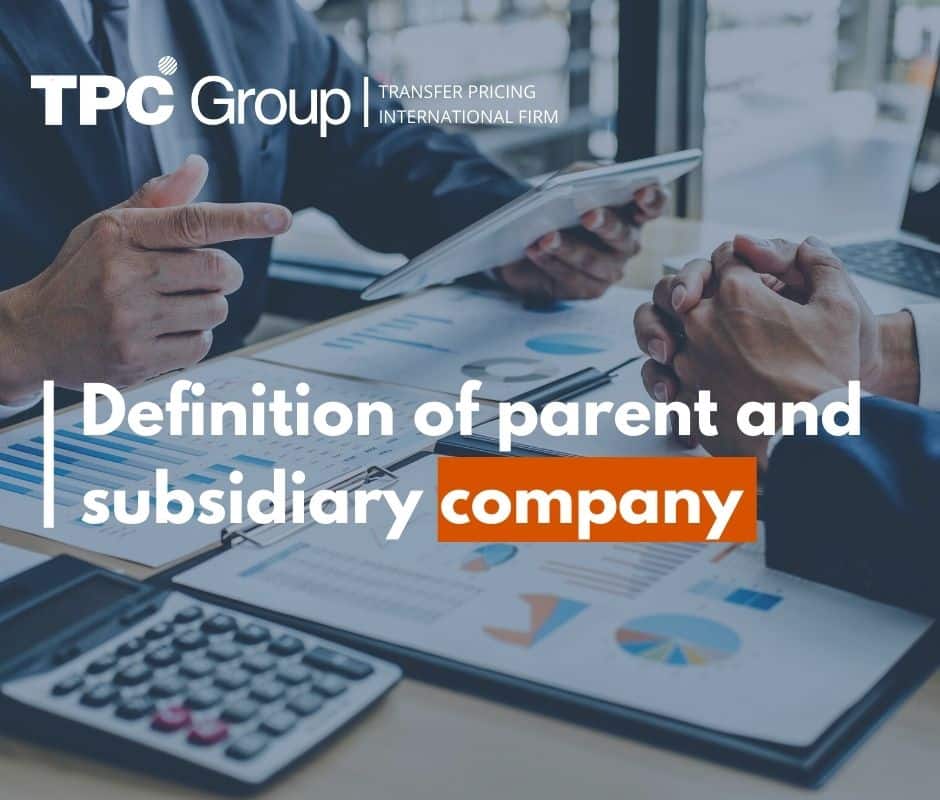What is a subsidiary?
In the business world, the subsidiary definition is a controlled company or affiliate that belongs to another company (parent/holding company) and whose decision-making power is directly or indirectly subject to the latter.
Although the parent company can usually control most of the shares of the subsidiaries, the former allows them to control and assume responsibility for all decisions related to the financial and operational system. In cases where a subsidiary is 100% owned by another firm, the subsidiary is referred to as a wholly-owned subsidiary. These become very important when discussing a reverse triangle merger (a subsidiary created by an acquiring company, purchasing the former a target company, and being absorbed by the target company).
What is a parent company?
The parent company definition is an entity that controls an investee, having directly or indirectly the power of decision-making subject to the will of another person or persons, the controlling company being the parent company.
Thus, the parent must own 51% to 99% of a regular subsidiary’s voting stock, as well as holding the majority ownership of subsidiary companies.
Likewise, it holds a controlling interest in the subsidiary company, meaning it has or controls more than half of its stock.
Performing of both
The business operations consist of the generation of economies of scale carried out by an undetermined number of companies to optimize their activities through horizontal integration, which consists of the union of several companies performing the same activity, or vertical integration, which consists of the union of several companies that complement each other to produce a particular good or provide a particular service.
In this regard, the economic groups formed by one or several controlling companies and subsidiaries have been created, making different regulations to define the transparency of the information provided to the market related to the company, parent companies, and subsidiaries, establishing the effects derived from control situations.
How does a Parent Company control a Subsidiary?
It is the power that manages the financial and operating policies of an entity to obtain benefits from its activities.
An investor controls an investee when it is exposed or entitled to variable returns from its involvement with the latter, being able to influence those returns through its power over the latter. To determine whether an investor controls an investee, the former will assess whether he/she complies with all of the following elements:
- Power over the investee.
- Exposure or rights to variable returns from its involvement with the investee.
- The investor’s ability to exercise its power over the investee in order to influence the number of returns to the investor.
Presumptions of control
A controlling interest in the capital of a company occurs when more than 50% of the voting shares of a company are owned.
By having the votes of the minimum decision-making majority, or the votes to elect the board of directors.
Contractual subordination that arises due to a legal act or business with the controlled company and its partners. For example, when there is a shareholders’ agreement, it exercises a dominant influence on the decision of its management bodies.
Accounting requirements
A parent shall prepare consolidated financial statements using uniform accounting policies for similar transactions and other events in similar circumstances.
The valuation by holding companies of permanent investments in companies over which they fully control (controlled or subsidiary companies) or significantly influence their decisions (related companies), and the recognition of the results produced by such investments, must be made using the equity method.




